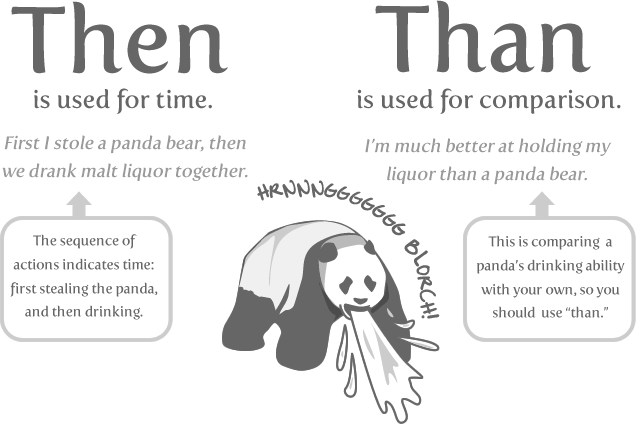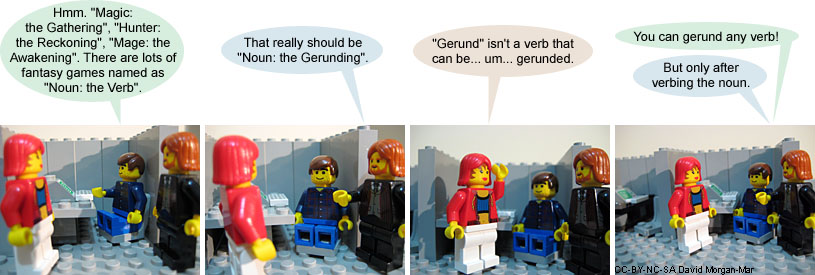The plural for status is statii. Right? Anyway. I was talking to my buddy Mike. I have many buddies named Mike. And I won’t tell you which one he is. It’ll be more fun, and safer, that way.
There are two types of status updates on Facebook that are guaranteed to raise my ire, three types that I will respond to in anger. Well, passive aggressive snarkiness. Four that make my ears steam. Let me count the ways. Oh Facebooker.
This post should not be read as a personal indictment if you are the sort of person who does this. And if you’re reading this thinking that I’m writing about you specifically, I may well be, but I do love you, and I only want what’s best for you. Think of it as a Public Service Announcement that will hopefully help me to keep on liking you.
My hot wife says this post is a preachy know-it-all rant that makes it sound like I’m some sort of social media guru. I’m not, I’m just Joe Average. Your typical Facebook friend. But I have a blog. A voice. A platform. And I’m happy to use it to tell you what Joe Average is thinking, or at least what I’m thinking. And that’s loving. Isn’t it?
Here are the types of Facebookers that get my goat. And if you’re one of them – feel free to come back at me in the comments.
1. The “Facebook is out to get you” Rumour Miller.
Facebook is a company that makes money by selling its user base to advertisers. Deal with it. If you want to use the platform then you need to get with the program. You are the commodity. You are not the customer (unless you buy ads). Sometimes Facebook will change the way they do business. Businesses do that. They announce these changes. It’s not hard. If you hear a nasty rumour about how Facebook is out to get you and exploit you – it may well be true. But please go to google.com or snopes.com and do a little research. Just copy and paste your chain-letter style status update into google and see what comes up. Chances are it’ll be a hoax. 90% of the time it is. 9% of the time its something that some conspiracy nut has blown out of proportion – and the other 1% of the time Facebook is doing something to make a bit more money. That’s its job. There’s no such thing as a free lunch.
Two friends, possibly connected by mutual friends, who knows – posted the same status update tonight about a change Facebook made two years ago. A change that wasn’t even really a change, and certainly wasn’t the kind of change this conspiracy laden status suggested it was. Sure. Facebook is going to show you if your friends like or interact with a particular brand or advertisement. Newsflash. This is a social network.
2. The Megachurch Wannabe.
I get it. You are the minister, assistant minister, or student minister at a fantastic church. And you want your church to get Facebook attention. We all do. But this stuff sounds better if other people are talking about it. Not the person who is paid to. Here are some secrets. Nobody likes the overly pious memory verse machine. They get hidden. Nobody likes the walking church bulletin who advertises an event every time they open their mouth. You are not Mark Driscoll. You are not John Piper. You are you. Be you. Let Piper be Piper. Let Driscoll be Driscoll (or point out how bizarre his stream of status updates can be and get lots of hits on your blog). A stream of Piper imitators in one’s status feed is annoying and it dilutes the effectiveness of the original.
Don’t talk too much about your awesome prayer life, sermon, Bible Study, worship session, Bible reading, quiet time, anything a bit jargony that is going to make others feel inadequate or your non-Christian friends and family think you’ve joined a cult. Sure. We all want our non-Christian friends to read our statii and know we are ruled by the Lord Jesus. But not posting drunken pictures on Facebook will help with that impression, as will myriad other things. And a couple of updates per day or week, in proportion to updates about what you are actually thinking or doing would be fine. Thankyou.
There are a few subsets of the megachurch wannabe that almost became special categories in this rant. Don’t spread Christian chain status updates about how we want a million people to like Jesus on Facebook, or how if you don’t make something your status for an hour it means you don’t love God. I won’t copy your status. Almost ever. As a general rule. I don’t want to be some sort of status quoting robot. And I love God. I’m sure there are others like me.
The Christian superparent/superspouse. I get it. Your wife is hot. Your daughters are amazing and daddy date worthy (there’s an incredible cringe factor to that term). Your sons are growing up to be real men of God. That’s great. Show us some photos. That’s what Facebook is for. Tell us you’re proud of them. But don’t keep telling me how hot your wife is, or about your plans for an amazing daddy date (seriously. Creepy). We know you love your family.
If you do want to plant a megachurch just follow these ten steps to success.
3. The Oversharer.
I’ve been over this before. But it just keeps happening. Let me state this clearly. As clearly as possible, and with as much love as I can muster.
I DO NOT WANT TO READ ABOUT THE POO YOUR CHILD JUST DID.
Ever. And your child doesn’t want to google themselves one day and find out that their potty training produced wonderful shapes. Nor that they had a poosplosion on the carpet. In fact. Nobody wants to know. Especially if one day they are going to visit your house and sit on the chair that was once covered by infant defecation. We get that you love your child and that parenting can be a funny and frustrating process. But you don’t need to rub our virtual noses in it.
As a general rule most people don’t want to read about the minutiae of your daily life. There’s a point where enough information crosses over into too much information. Why straddle that line? Why not stay metres away from it. But try not to be so vague you’re completely boring too. That’s too far.
4. The Grammar Pest.
I’ve saved this one until last because it’s actually the one I find most annoying. I cringe at bad grammar, and bad spelling. I don’t understand how, with the advent of the in-browser spell check, anybody can post gibberish in their statii anymore. It’s not that hard. Come on people.
But. To publicly correct somebody, unless they are a professional proof-reader and you are their colleague, is just mean spirited and almost only ever designed to make the one doing the correcting look good. And it doesn’t. Nobody is buying what you’re selling. Nobody. We all see through it. People hated you as a child and scribbled on your face with red pen. We get it. Now there’s a grammar sized chip on your shoulder and you feel the need to make your contribution to every conversation a comment about somebody else’s mistake. Good for you. You will die alone. But your will will be immaculate. Error free. Leaving everything to your 18 cats.
People make mistakes. If you love them you should tell them in private. Not shout it out for the world to see. And if you do that – you better make sure that you cross every t, dot every i and catch every rogue apostrophe before hitting enter. Because if you don’t – I’m watching you. And I’m coming for you. Don’t be a grammar hypocrite for a moment. Grammar Pharisee is probably a better name for these people than grammar nazi – communication is about the spirit, not about the law. Shakespeare taught us that. As did anybody else who deliberately broke a rule for the sake of better writing. Because everybody likes to see a bully get their comeuppance.

















